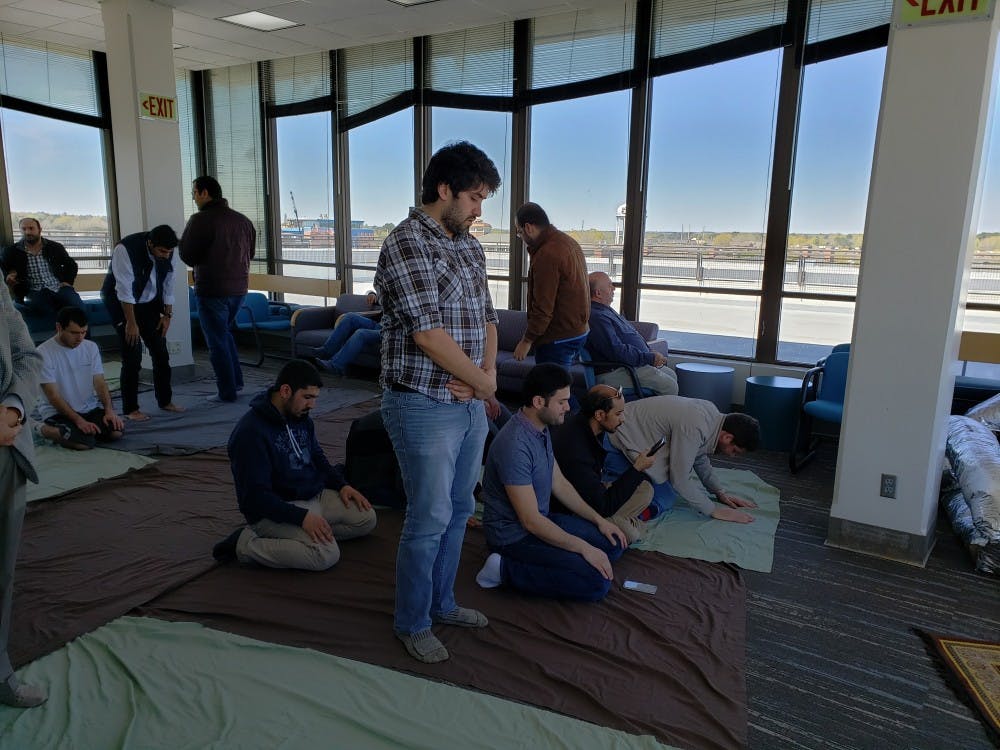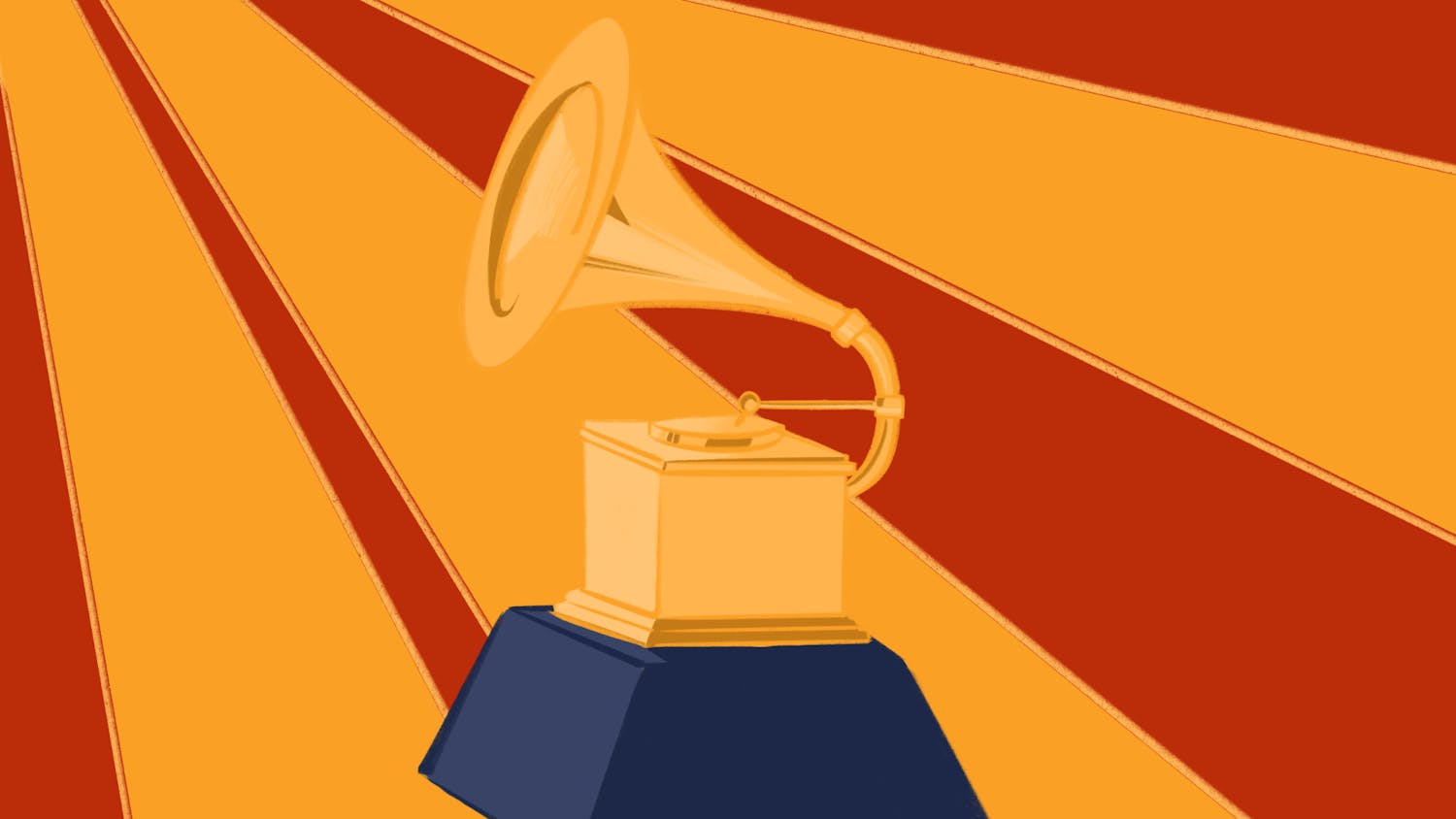Auburn’s Muslim population will see a change in their celebration of Ramadan as they will not be able to gather for prayers and feasts to break their daily fast.
During Ramadan, Muslims have days filled with prayer and fast from sunrise to sunset, breaking their fast in the evening. The reason for prayer and fasting is to help Muslims feel closer to God and remind them to be grateful of what they had throughout the year. Mosques fill up for prayer, and they hold large feasts to break their fasts, which they will no longer be able to do for this year’s Ramadan beginning April 23.
Mohammed Owais Patel, president of the Muslim Students Association, discussed how celebrations would look different this year.
“This was a great time for us to socialize with other people, make new friends and learn about what’s happening in each other’s lives, and this time it’s going to be a little different for all of us," he said.
In the Auburn-Opelika area, there are approximately 600 Muslims that make up the population and many of them are students at Auburn University. The Auburn Islamic Center is the main religious organization for Muslims in the community, said Asim Ali, advisor for the Muslim Students Organization.
“We hold the five daily prayers, congregation prayers, and there’s also a Sunday school for children between the ages of 5 and 16 I think,” Ali said. “Then we have cultural events that we do – potlucks, get-togethers, those kinds of social and cultural events.”
Despite Alabama’s stay-at-home order allowing religious gatherings, the Auburn Islamic Center closed its doors to the public. They plan to not hold any events for at least two weeks while waiting for more guidance from the Centers for Disease Control and Prevention.
“We are telling people that the Islamic Center is closed, but that certainly they should still fast, limit the socializing to just family and that they can pray at home,” Ali said.
The quarantine may bring new challenges to Muslims as they fast and avoid gatherings that would usually occur during this time, Patel said.
“The reason why I say it’s challenging is because you’re sitting at home most of the time and you know you haven’t eaten for the entire day, so it kind of takes a toll on your head, maybe,” he said.
Ramadan is held for 30 days and is expected to end on May 23. The main concern is celebrating Eid al-Fitr, which marks the end of Ramadan and is usually celebrated with a large feast, Ali said.
“So, this year it’s a little bit in jeopardy," he said. "We might not be able to do a large gathering because of the considerations we’ll likely have to make."
Another important part of Ramadan and the Islamic center is charity. Despite being closed, the Islamic center is still providing help through donations and working with the Food Bank of East Alabama.
“It doesn’t matter what religion someone is," Ali said. "They can still reach out to the Auburn Islamic Center for help."
Do you like this story? The Plainsman doesn't accept money from tuition or student fees, and we don't charge a subscription fee. But you can donate to support The Plainsman.





